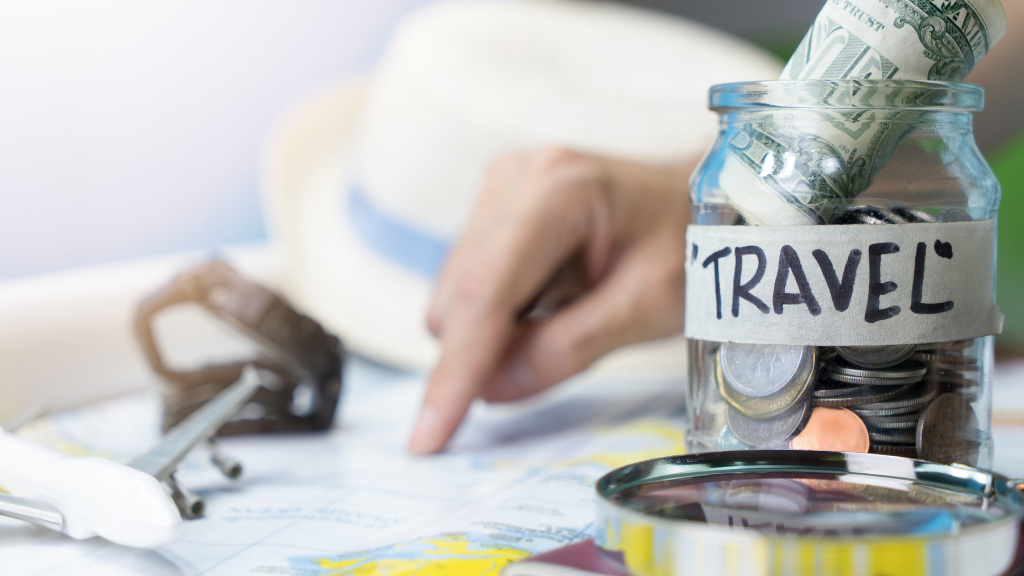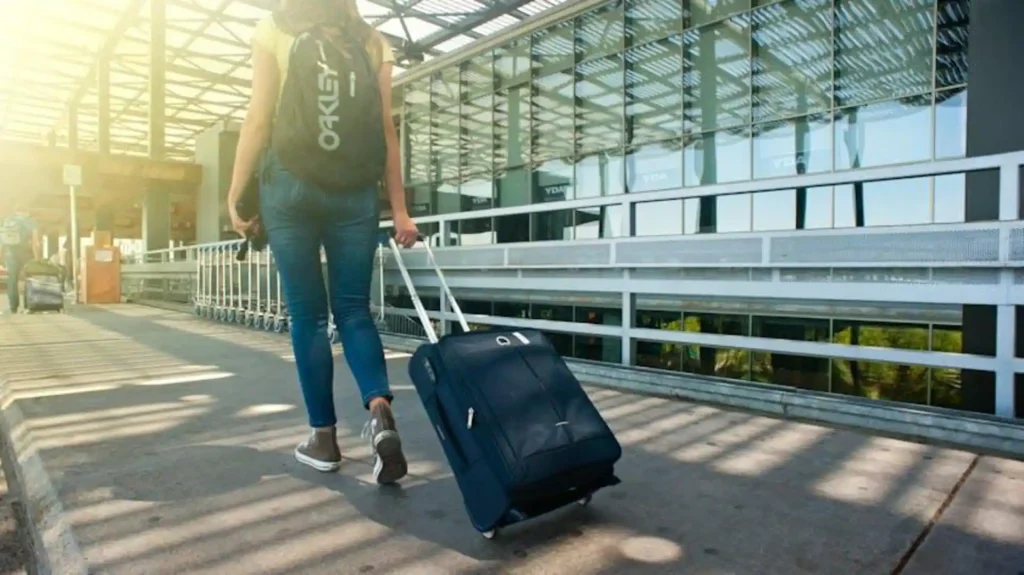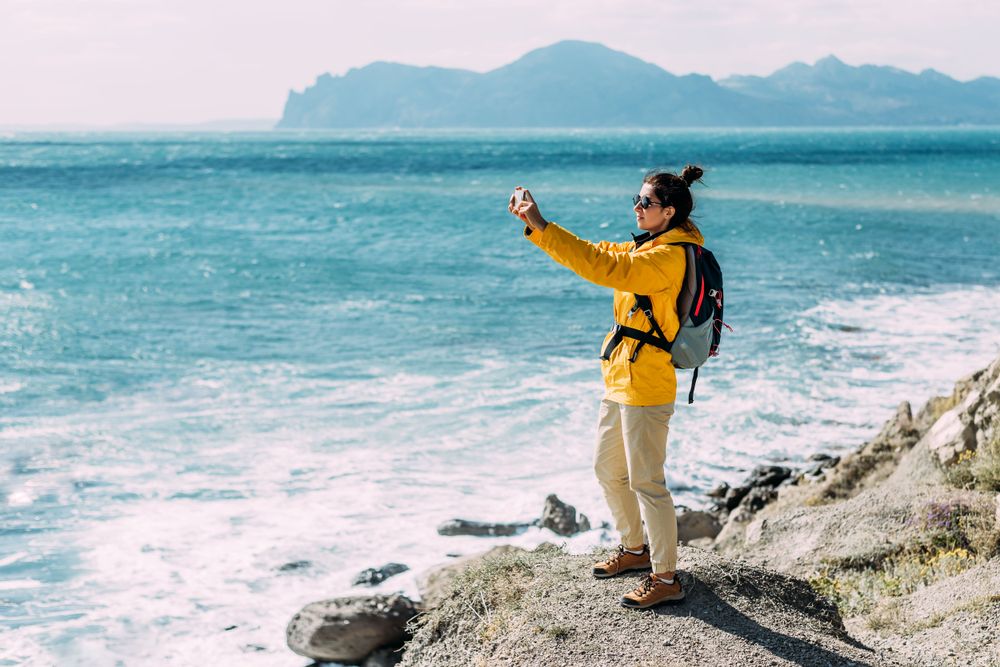Traveling solo can be one of the most rewarding experiences of your life. You get the freedom to go where you want, set your own pace, and fully immerse yourself in new cultures. However, traveling alone often means covering all the expenses by yourself—no splitting hotel bills or taxi fares. That’s why smart budgeting is essential. With the right strategies, you can explore the world without draining your savings. Here are some practical budget travel tips for solo travelers.
1. Plan Early and Be Flexible

One of the best ways to save money as a solo traveler is to plan your trip early. Flight tickets and accommodations tend to be cheaper when booked in advance. Set price alerts on flight comparison websites and track fares over time. If you’re flexible with your travel dates, you can often find cheaper options by flying mid-week or during off-peak seasons.
Flexibility doesn’t just apply to flights. Be open to changing destinations based on deals. Sometimes, an unexpected country or city might offer a much more affordable travel experience than your original choice.
2. Choose Budget-Friendly Destinations
Not all destinations cost the same. Some countries naturally offer better value for money. For example, countries in Southeast Asia, Eastern Europe, or parts of South America can be far more budget-friendly than Western Europe or North America.
Research destinations where your currency stretches further, and where food, transportation, and attractions are reasonably priced. Choosing a place where the cost of living is low allows you to enjoy more experiences without overspending.
3. Stay in Affordable Accommodations
Accommodation can eat up a significant portion of your travel budget, especially when traveling solo. Instead of pricey hotels, consider more affordable alternatives:
- Hostels: Great for solo travelers looking to meet new people. Many hostels offer private rooms if you want privacy without hotel prices.
- Guesthouses and homestays: These often provide a more authentic experience and cost less than hotels.
- Vacation rentals: Booking a room in someone’s home through platforms like Airbnb can be cheaper than booking an entire property.
- House-sitting or work exchanges: Some travelers stay for free in exchange for light work, pet-sitting, or helping out at a property.
Always read reviews carefully to ensure safety and comfort.
4. Use Public Transportation

Transportation costs can quickly add up when relying on taxis or rideshares. Instead, use public transportation like buses, trains, or trams, which are usually much cheaper. Many cities offer day or week passes that give you unlimited rides at a discounted rate.
For short distances, consider walking or renting a bike. Not only is it budget-friendly, but it also allows you to explore places more deeply and discover hidden gems along the way.
5. Eat Like a Local
Food is a huge part of the travel experience, but eating at touristy restaurants can get expensive. Instead, follow the locals. Street food stalls, local markets, and small eateries often serve delicious meals for a fraction of the price.
If your accommodation has a kitchen, consider buying groceries and cooking some of your own meals. Even making your own breakfast and snacks can save a significant amount over time.
6. Look for Free or Low-Cost Activities
Many destinations offer a wealth of free or affordable activities. Explore public parks, visit free museums or galleries on designated days, and attend cultural festivals or events. Walking tours—especially free, tip-based ones—are excellent ways to learn about a city without spending much.
Joining local meetups or community events can also help you meet new people while enjoying unique experiences without breaking the bank.
7. Pack Smart to Avoid Extra Costs
Solo travelers should pack light to avoid baggage fees and make moving between destinations easier. Stick to essentials and choose versatile clothing you can mix and match. Packing reusable items like a water bottle, travel utensils, or a small first aid kit can also help you avoid unnecessary purchases on the road.
8. Stay Safe Without Overspending

Safety is especially important for solo travelers. While you want to save money, don’t cut corners when it comes to your well-being. Book accommodations in safe neighborhoods, use trusted transportation, and keep emergency funds aside. Travel insurance may seem like an extra cost, but it can save you from huge unexpected expenses in case of emergencies.
9. Take Advantage of Travel Rewards and Discounts
Sign up for airline loyalty programs, travel credit cards, or reward apps that offer points, cashback, or discounts on bookings. Even small savings on flights or accommodation can add up, especially for frequent travelers. Many student, youth, or membership cards also provide discounts on attractions, transport, and more.
Conclusion
Traveling solo on a budget doesn’t mean sacrificing comfort or experiences. With smart planning, flexibility, and a little creativity, you can enjoy incredible adventures without spending a fortune. By choosing budget-friendly destinations, staying in affordable accommodations, eating local, and exploring free activities, you’ll stretch your money further and create unforgettable memories along the way.
Whether you’re backpacking through Asia or exploring cities in Europe, these tips will help you travel smarter, safer, and cheaper—all while enjoying the freedom that solo travel brings.

